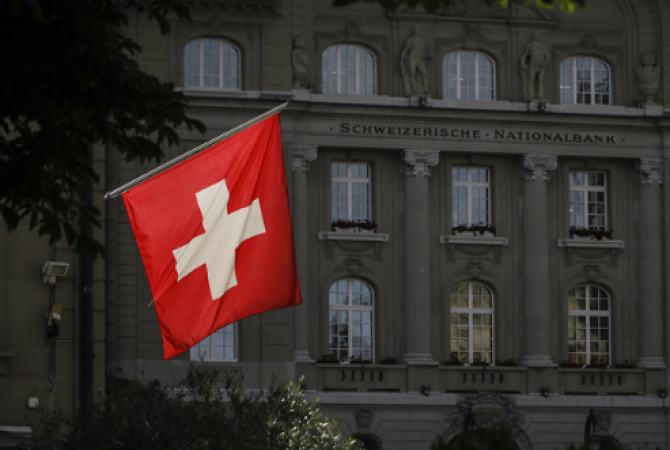
Bern: According to data from the Federal Statistical Office released on Monday, consumer price inflation in Switzerland resumed its upward trend at the beginning of the year, primarily as a result of rising food and energy costs.
Due to rising gas and electricity prices, inflation increased 3.3% from the previous year in January. The rate was higher than expected and higher than August 2022, when it was expected to be 2.9%. In contrast to the 0.2% decrease in the previous month, consumer prices increased by 0.6% on a monthly basis.
A 5.6% increase in the cost of food and non-alcoholic beverages was a major contributor to the annual increase in inflation. The cost of housing and energy increased by 5.1%, while the cost of public transportation increased by 4.7%.
Also Read: LinkedIn: Where millions of people look for jobs, fired its own employees
According to the statistics service, the price of gas alone increased by 40.3% in a single year in January while the price of electricity increased by 25.5%.
Utility companies raised prices at the start of the year, passing on higher expenses to customers. The state regulator for Switzerland, ELCOM, previously predicted that households would pay 27% more on average for electricity.
Also Read: Western oil supermajors made nearly $200 billion last year
According to data, the Swiss harmonized index of consumer prices increased by 3.2% compared to the same month last year and by 0.7% from the previous month. To combat escalating inflationary pressures, the Swiss National Bank increased interest rates at its last three meetings.
Also Read: Zomato reduces its business from 225 cities in India after a loss of crores
Inflation is expected to slow to 2.4% this year and 1.8% in 2024, according to the regulator. In 2023, the economy is expected to expand by about 0.5% despite weak global demand.